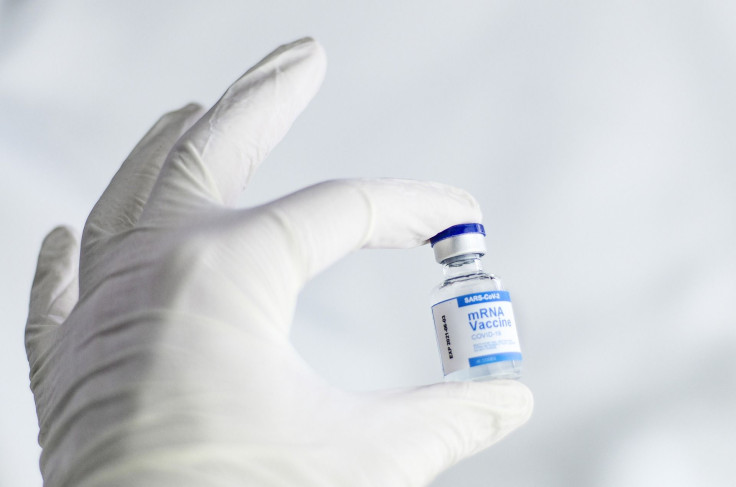COVID-19 Booster Shot Side Effects Revealed: What A Third Jab Could Feel Like
KEY POINTS
- Data from Pfizer showed that there was 5% more pain at the injection site
- A separate study found that a majority of people who received a third dose experienced fewer side effects
- Health experts advise against performing strenuous activities following the third dose
The Biden administration has recently approved the third dose of COVID-19 vaccine for people with weakened immune systems, prompting many to ask what side effects they should expect after receiving the booster shots.
Pfizer, in its data submitted to U.S. officials to request an emergency use authorization for its booster shot, said that most side effects it recorded were "similar to or better than" people had after their second dose of the vaccine. The symptoms included redness and swelling around the injection site, tiredness, headache, muscle and joint pain and chills.
The data showed that there was about 5% more pain at the injection site, making it the top side effect.
In a separate study conducted by researchers at Clalit Health Services, around 88% of more than 4,500 participants in Israel said they experienced similar or fewer side effects than they did after getting their second vaccine dose. Roughly 31% or 1,395 of the participants reported pain or swelling in the area surrounding the injection site.
Around 0.4% or 18 people said they experienced difficulty breathing following the booster shot. At least 1% or 45 said they required medical attention due to one or more side effects following the third Pfizer dose, according to Reuters.
While the side effects for the booster shots are likely to be similar or better to those of the two-dose series, health experts still urge recipients of the third dose to avoid strenuous activities following the shot.
"It's sensible to take it easy afterward," Dr. William Schaffner, an infectious disease specialist and professor at the Vanderbilt University School of Medicine, told Health. "Don't plan to do anything strenuous the day after your shot."
Officials at the Centers for Disease Control and Prevention suggest applying a cool, wet washcloth to the injection area for people who experience a sore arm after the shot.
Health experts generally do not recommend taking over-the-counter medicines, including ibuprofen or aspirin, before vaccination as it may lessen the body’s immune response.
“There are data in the vaccine literature, long predating COVID-19 and almost all [done] in children, that premedication with [fever-reducing drugs] like acetaminophen or ibuprofen decrease the antibody response to the first dose of vaccine,” Dr. David J. Cennimo, an infectious disease physician and assistant professor at Rutgers New Jersey Medical School, told Healthline.

© Copyright IBTimes 2025. All rights reserved.






















